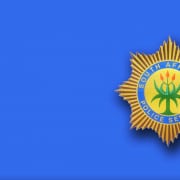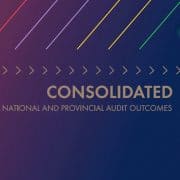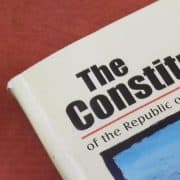|
Getting your Trinity Audio player ready...
|
Corruption Watch (CW) has made submissions to the Standing Committee on the Auditor-General (SCOAG), as part of the public hearings to address the draft Public Audit Amendment Bill currently still underway in Parliament. The organisation welcomes the amendments being proposed by the SCOAG, which seek to ensure that the Auditor-General (AG) is able to enforce its audit findings.
The inaction of accounting and executive authorities in dealing with unauthorised, fruitless and irregular expenditure has been a major obstacle. In addition, the lack of enforcement of the findings are at the centre of immense losses to the state, with the result that those involved are not held accountable and neither is there a sufficient deterrent for financial and other misconduct.
The amendments submitted by CW relate to two key issues. The first deals with the referral to relevant bodies for investigation of undesirable audit outcomes. CW proposes that the AG be informed about the progress and outcome of the investigation.
The second focuses on the recovery of losses resulting from unauthorised, irregular, fruitless and wasteful expenditure from the accounting authority of audited institutions (including boards) in their personal capacity.
On the subject of referrals to bodies for investigation, CW asked the committee whether steps would be taken through engagement in Parliament to ensure that there is strict parliamentary oversight, considering the ineffectual criminal justice system. This relates in particular to investigation and prosecution of legislative offences created in the Public Finance Management Act. The organisation also raised questions around the role of civil society in accessing information on the progress of investigations and being in a position to ensure oversight and accountability.
Corruption Watch supported the personal recovery of losses from accounting authorities by the AG’s office, but also raised concerns about the creation of a civil recovery unit in the AG’s office. This could result in expensive litigation not only for the AG’s office, but also for the accounting authority, which will use state resources to defend their personal liability for losses.
A further question focused on the referral of investigations and/or recovery of losses and whether these would relate only to public entities or also to private and foreign individuals and entities implicated in the losses.
CW cited the OECD Phase 3 Report on Implementing the OECD Anti-Bribery Convention in South Africa, March 2014 (OECD report) and June 2016, Phase 3 report (OECD follow up report). These reports spoke to the importance of audits in detecting foreign bribery and made recommendations of ways in which the office of the AG could be involved in ensuring the detection and reporting of foreign bribery offences.
The OECD Working Group has noted with concern that there has not been a single prosecution of a foreign bribery offence in South Africa. CW hopes that better detection and reporting of foreign bribery through audits would enable successful prosecutions of these cases.
Download our PowerPoint presentation to the SCOAG.
For media queries, contact:
Phemelo Khaas: phemelok@corruptionwatch.org.za 083 763 3472








